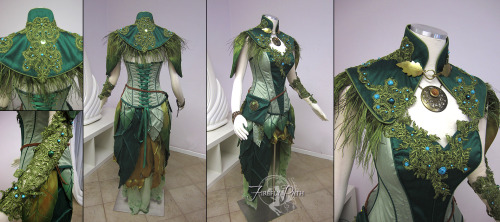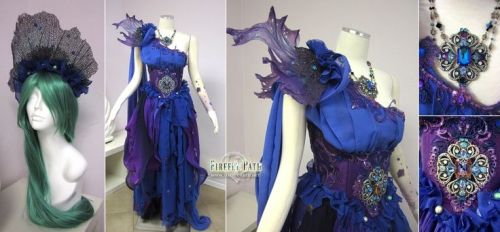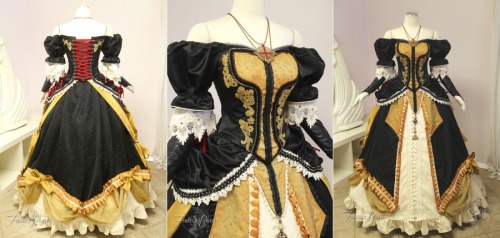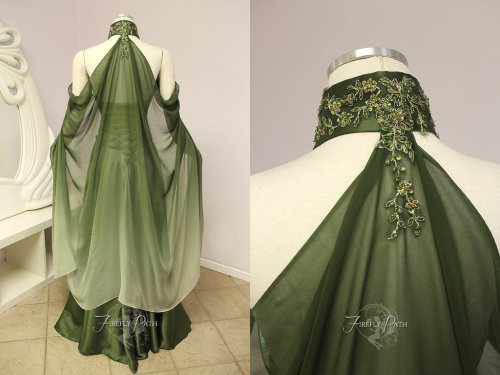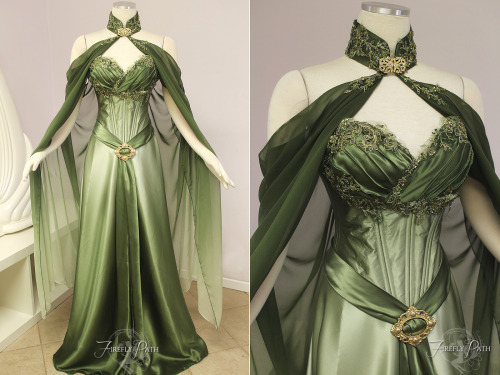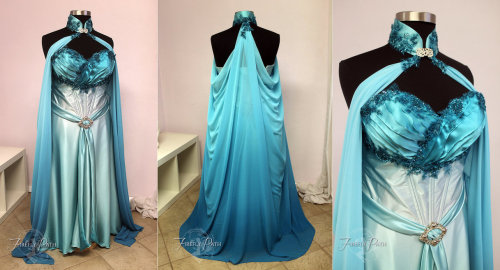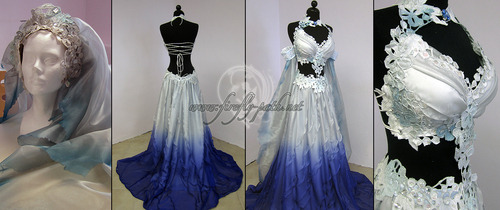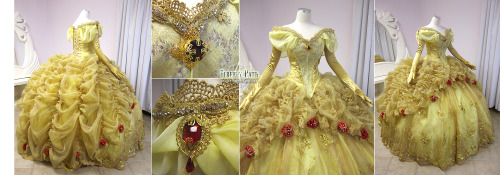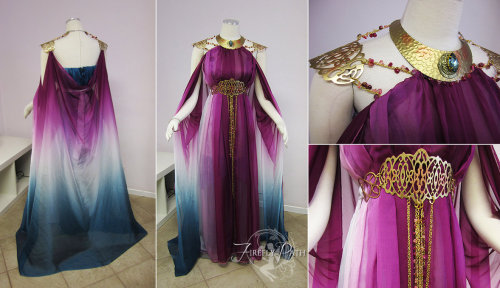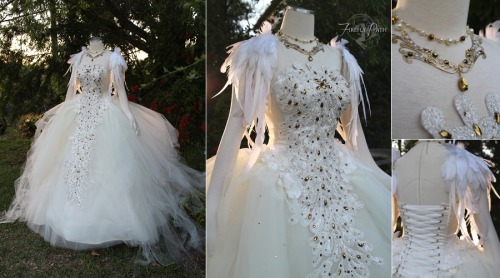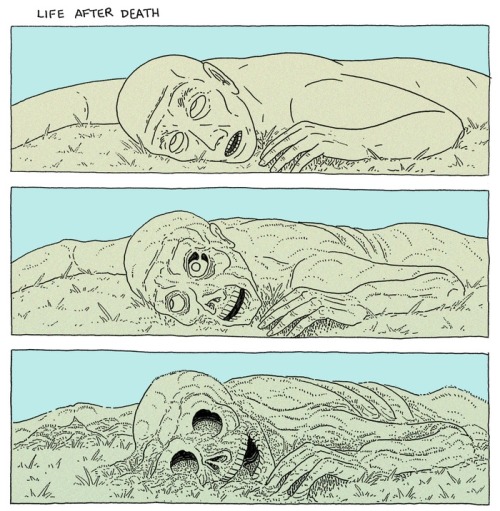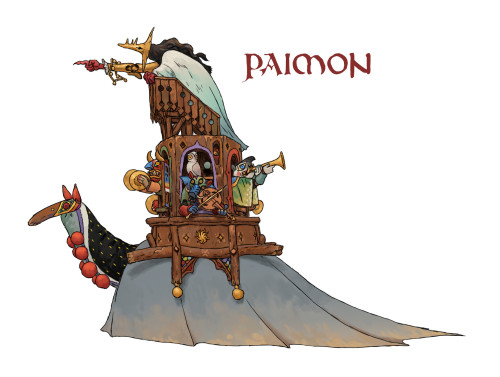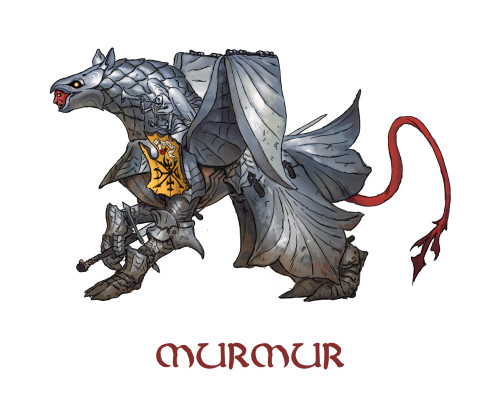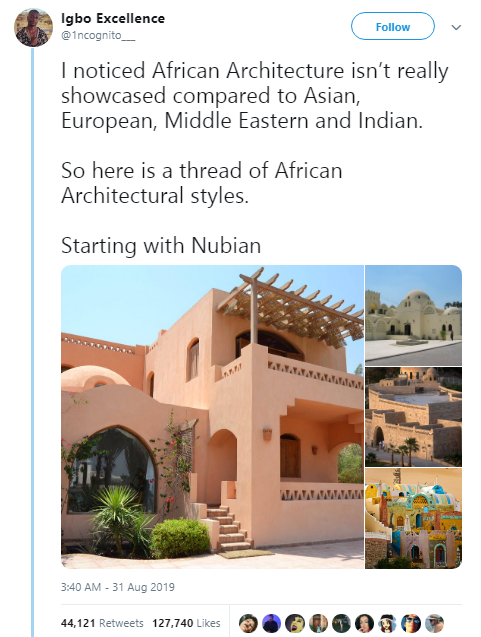Lahore Pigeons Are Some Of The Most Visually Appealing Birds Out There. Like In Terms Of Visual Design.
lahore pigeons are some of the most visually appealing birds out there. like in terms of visual design. very minimalist, good contrast.
More Posts from Thejunkdrawers and Others
You know what, since I'm thinking about it anyways, let's talk formalwear accessories. Most of these are traditionally menswear but a bit of gender fuckery is good for the soul, and frankly most of these are about making your mass-produced clothing fit and lay properly without having to go to the tailor.
Shirt stays: these go around your thighs to hold your shirt down, so that it stays smooth and tucked in. They're usually elastic, with 1-3 clips, and if you wear skirts frequently this is a GREAT way to make sure your top doesn't ride up. The clips will be visible if you're wearing something tight, so loose pants or skirts are where these do best. There's also an insane version that clips to your socks, but that is for lunatics. If you wanted, you could also use one of these clips to hold up thigh-highs.
These do a great job of smoothing and narrowing the waist area by keeping your shirt from bunching there.


Sleeve garters: usually metal, leather, elastic, or silk. These are usually worn with button-down shirts to adjust where your cuff falls on the wrist or hand. They're properly worn on the upper arm, and you pull the fabric of the sleeve above the garter until you cuff is where you want it. Because this creates a puff of sleeve at the bicep, it also broadens the appearance of the shoulders. It's great if you're working with your hands or if your sleeves are often too long for your preference.
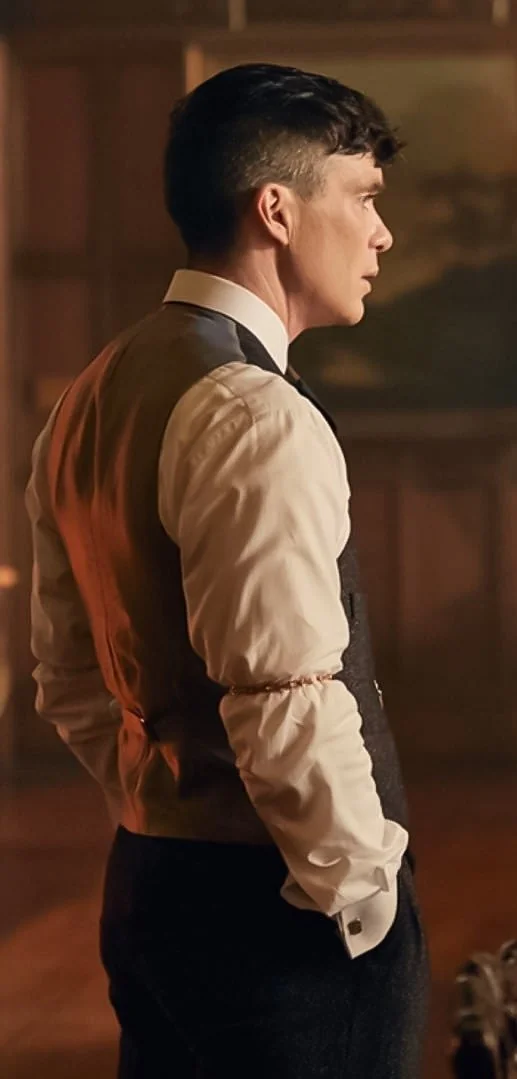

Waistband clip or belt adjustment clip/buttons
Three different ways of tightening the waistband of a pair of pants or a skirt. You're not going to get more than an inch or so tighter without weird bunching, and for most of these you'd want them to be hidden under a shirt or jacket, but they do the job if that's something you're having issues with.
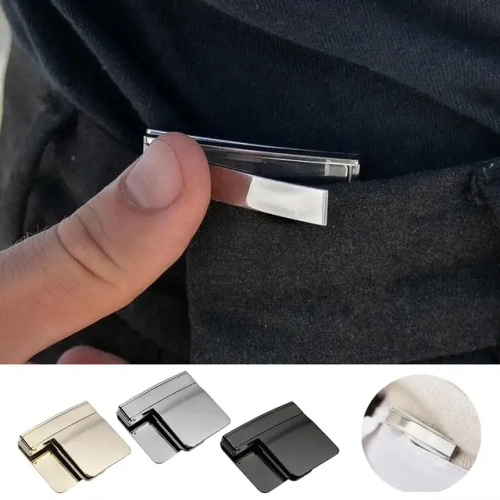


Collar pins: There are so many fun ones out there, both with and without chains. They're not terribly practical, though the slight weight may help keep your collar where you want it. Also consider collar tips, which pin (surprise) to the very tips of your collar points.


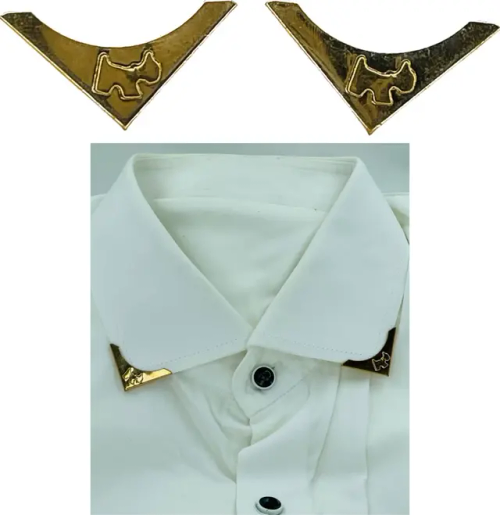
Sweater clips/guards: meant to hold your sweater or cardigan mostly closed. Great if your cardigan doesn't button, or if you don't like it to be buttoned all the way.
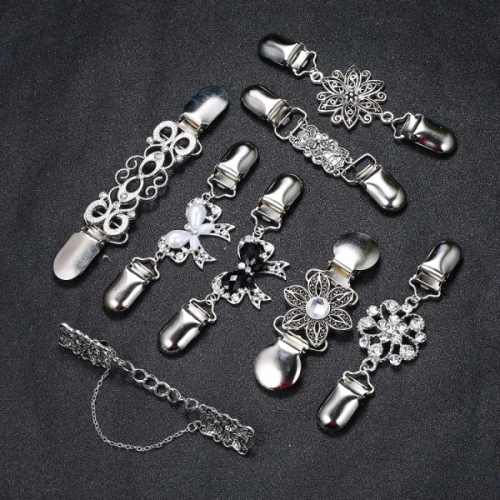
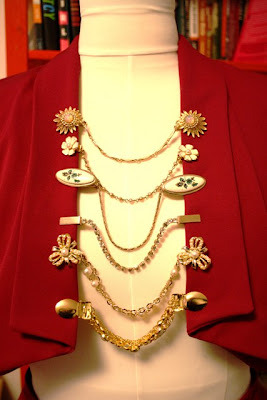
There's tons of other stuff out there like this--etsy is a great place to find this stuff. A lot of these are old solutions to the very modern problem of mass-maufactured clothes not being as one-size-fits-all as advertised, but they're also a fun way to put a bit of personality into businesswear.
I’m sorry friends, but “just google it” is no longer viable advice. What are we even telling people to do anymore, go try to google useful info and the first three pages are just ads for products that might be the exact opposite of what the person is trying to find but The Algorithm thinks the words are related enough? And if it’s not ads it’s just sponsored websites filled with listicles, just pages and pages of “TOP FIFTEEN [thing you googled] IMAGINED AS DISNEY PRINCESSES” like… what are we even doing anymore, google? I can no longer use you as shorthand for people doing real and actual helpful research on their own.
Does anybody have that image of what cyberpunk dialogue is like. "to crack a cyber lemon this nasty" or whatever
Chai tea bag + lil but of brown sugar + apple cider packet + 16 oz. mug of hot but not quite boiling water
it will not Fix You but like. maybe. maybe.
Pro Tip: The Way You End a Sentence Matters
Here is a quick and dirty writing tip that will strengthen your writing.
In English, the word at the end of a sentence carries more weight or emphasis than the rest of the sentence. You can use that to your advantage in modifying tone.
Consider:
In the end, what you said didn't matter.
It didn't matter what you said in the end.
In the end, it didn't matter what you said.
Do you pick up the subtle differences in meaning between these three sentences?
The first one feels a little angry, doesn't it? And the third one feels a little softer? There's a gulf of meaning between "what you said didn't matter" (it's not important!) and "it didn't matter what you said" (the end result would've never changed).
Let's try it again:
When her mother died, she couldn't even cry.
She couldn't even cry when her mother died.
That first example seems to kind of side with her, right? Whereas the second example seems to hold a little bit of judgment or accusation? The first phrase kind of seems to suggest that she was so sad she couldn't cry, whereas the second kind of seems to suggest that she's not sad and that's the problem.
The effect is super subtle and very hard to put into words, but you'll feel it when you're reading something. Changing up the order of your sentences to shift the focus can have a huge effect on tone even when the exact same words are used.
In linguistics, this is referred to as "end focus," and it's a nightmare for ESL students because it's so subtle and hard to explain. But a lot goes into it, and it's a tool worth keeping in your pocket if you're a creative writer or someone otherwise trying to create a specific effect with your words :)
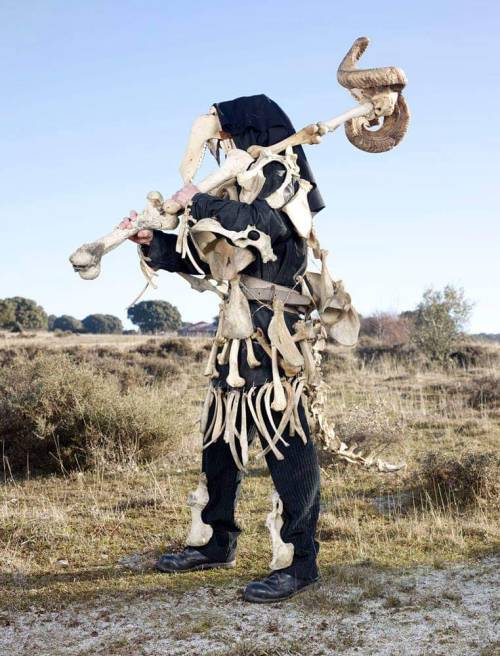





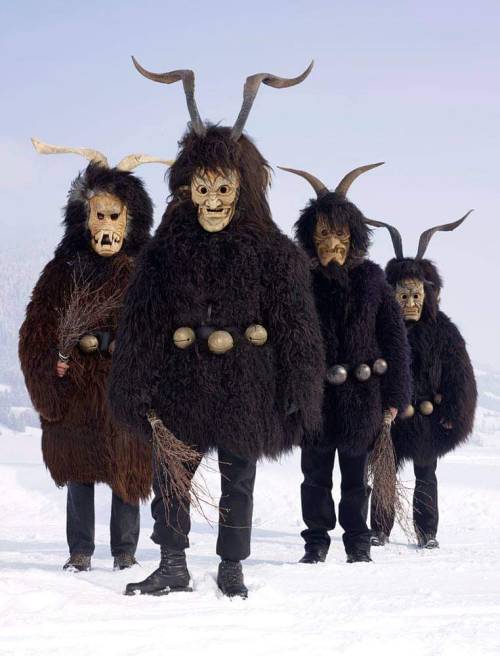
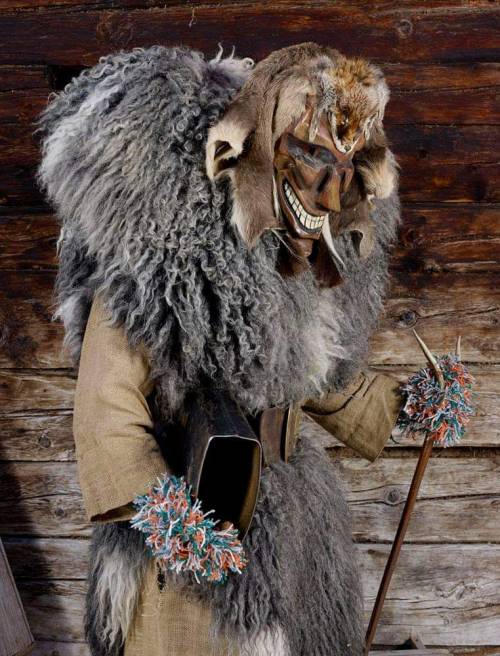


Traditional European Christmas time monsters, photographer across the Europe by Charles Fréger.
-
 snowyowlee reblogged this · 1 week ago
snowyowlee reblogged this · 1 week ago -
 rabidrabble reblogged this · 1 week ago
rabidrabble reblogged this · 1 week ago -
 linnaea--borealis reblogged this · 2 weeks ago
linnaea--borealis reblogged this · 2 weeks ago -
 meticulouslly reblogged this · 2 weeks ago
meticulouslly reblogged this · 2 weeks ago -
 meticulouslly liked this · 2 weeks ago
meticulouslly liked this · 2 weeks ago -
 lavend-err reblogged this · 2 weeks ago
lavend-err reblogged this · 2 weeks ago -
 butterflitties reblogged this · 2 weeks ago
butterflitties reblogged this · 2 weeks ago -
 butterflitties liked this · 2 weeks ago
butterflitties liked this · 2 weeks ago -
 lolaloveslollipopsblr-blog liked this · 2 weeks ago
lolaloveslollipopsblr-blog liked this · 2 weeks ago -
 kiingklover liked this · 2 weeks ago
kiingklover liked this · 2 weeks ago -
 jaci-sees liked this · 2 weeks ago
jaci-sees liked this · 2 weeks ago -
 infernal-heart reblogged this · 2 weeks ago
infernal-heart reblogged this · 2 weeks ago -
 ananad1 reblogged this · 2 weeks ago
ananad1 reblogged this · 2 weeks ago -
 creature-curator reblogged this · 2 weeks ago
creature-curator reblogged this · 2 weeks ago -
 zebrabaker liked this · 2 weeks ago
zebrabaker liked this · 2 weeks ago -
 scattered-vernal reblogged this · 2 weeks ago
scattered-vernal reblogged this · 2 weeks ago -
 sundove88 liked this · 2 weeks ago
sundove88 liked this · 2 weeks ago -
 artttherapy reblogged this · 2 weeks ago
artttherapy reblogged this · 2 weeks ago -
 never-miss-craft-day liked this · 2 weeks ago
never-miss-craft-day liked this · 2 weeks ago -
 shanty-pete liked this · 2 weeks ago
shanty-pete liked this · 2 weeks ago -
 penguinofspades liked this · 3 weeks ago
penguinofspades liked this · 3 weeks ago -
 maximumfuckingsass liked this · 3 weeks ago
maximumfuckingsass liked this · 3 weeks ago -
 ink-bloggo reblogged this · 3 weeks ago
ink-bloggo reblogged this · 3 weeks ago -
 aekirouan liked this · 3 weeks ago
aekirouan liked this · 3 weeks ago -
 sagehills liked this · 3 weeks ago
sagehills liked this · 3 weeks ago -
 sagehills reblogged this · 3 weeks ago
sagehills reblogged this · 3 weeks ago -
 frustrationinexcelsis reblogged this · 3 weeks ago
frustrationinexcelsis reblogged this · 3 weeks ago -
 the-solar-eclipsed reblogged this · 3 weeks ago
the-solar-eclipsed reblogged this · 3 weeks ago -
 veimea liked this · 4 weeks ago
veimea liked this · 4 weeks ago -
 escapism88 reblogged this · 1 month ago
escapism88 reblogged this · 1 month ago -
 emberjill0101 liked this · 1 month ago
emberjill0101 liked this · 1 month ago -
 anonymoustrash0 reblogged this · 1 month ago
anonymoustrash0 reblogged this · 1 month ago -
 fantasydragon14 reblogged this · 1 month ago
fantasydragon14 reblogged this · 1 month ago -
 ruksownian liked this · 1 month ago
ruksownian liked this · 1 month ago -
 krowkayci reblogged this · 1 month ago
krowkayci reblogged this · 1 month ago -
 ephemeralmotif reblogged this · 1 month ago
ephemeralmotif reblogged this · 1 month ago -
 feraltrashenergy liked this · 1 month ago
feraltrashenergy liked this · 1 month ago -
 funny-passerine reblogged this · 1 month ago
funny-passerine reblogged this · 1 month ago -
 dagaaz liked this · 1 month ago
dagaaz liked this · 1 month ago -
 shekshiny reblogged this · 1 month ago
shekshiny reblogged this · 1 month ago -
 shekorla liked this · 1 month ago
shekorla liked this · 1 month ago -
 twilighthiro reblogged this · 1 month ago
twilighthiro reblogged this · 1 month ago -
 christmassweaterwearer liked this · 1 month ago
christmassweaterwearer liked this · 1 month ago -
 lightbulbsarefun liked this · 1 month ago
lightbulbsarefun liked this · 1 month ago -
 eclipsed-raven reblogged this · 1 month ago
eclipsed-raven reblogged this · 1 month ago -
 eclipsed-raven liked this · 1 month ago
eclipsed-raven liked this · 1 month ago -
 parad0xcat reblogged this · 1 month ago
parad0xcat reblogged this · 1 month ago -
 parad0xcat liked this · 1 month ago
parad0xcat liked this · 1 month ago

A side blog where I'll *try* to keep things organised.yeahthatsnotgoingtolastlong
241 posts
